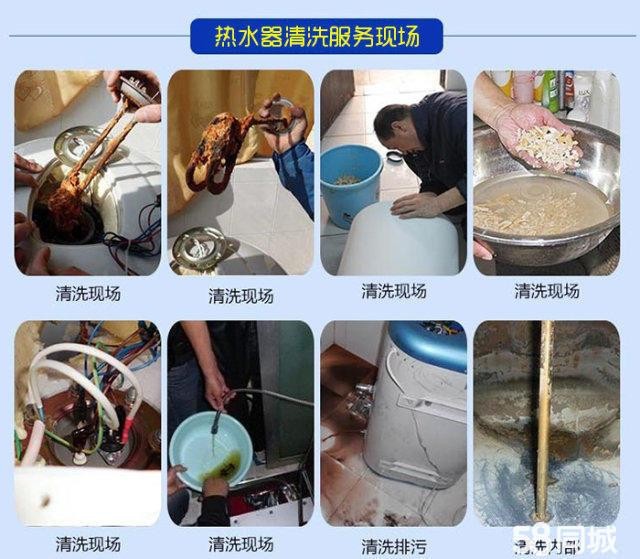怎么樣英語怎么說whatabout(How to Express What about in English)
Abstract:
This article aims to provide a comprehensive understanding of how to express the phrase "What about" in English. The expression "What about" is commonly used to propose a question or suggest an alternative. This article will explore four important aspects of its usage: basic meaning and usage, conveying alternatives, expressing concern or reservations, and asking for opinions or suggestions. By gaining a thorough understanding of these aspects, learners of English will be able to effectively communicate using the phrase "What about" in various contexts.

The phrase "What about" is commonly used in English to introduce a question, suggestion, or alternative. It implies that the speaker wants to bring up a different perspective or inquire about a specific topic. This expression is often followed by a noun, pronoun, or gerund.
For example, when discussing dinner plans, someone might say, "What about Italian food?" In this case, "What about" is used to suggest considering Italian cuisine as an option.
Furthermore, "What about" can also be used to express concern, reservations, or doubts. For instance, if someone suggests going hiking, another person might respond with, "What about the weather?" Here, the speaker is raising a potential obstacle or factor to be considered.
It's worth mentioning that the tone and context in which "What about" is used can vary, ranging from gentle suggestions to challenging inquiries.
One of the primary uses of "What about" in English is to present alternatives or suggest different possibilities in a conversation. This can be done in various contexts, such as brainstorming ideas, making plans, or proposing different solutions to a problem.
When presenting alternatives, "What about" is typically followed by a noun, pronoun, or gerund. For example, if friends are deciding what movie to watch, someone might say, "What about an action film?" Here, the speaker is putting forward the option of watching an action movie instead of other genres.

By using "What about" to convey alternatives, speakers can encourage open-ended discussions and explore various possibilities, ultimately leading to a more dynamic and inclusive conversation.
Another important aspect of using "What about" in English is to express concern, reservations, or doubts in relation to a particular topic or suggestion.
When expressing concern, "What about" is often followed by a noun, pronoun, or verb. For example, if someone suggests going to a party, another person might respond with, "What about the noise?" Here, the speaker is expressing concern about potential noise levels at the party and seeking confirmation or counterarguments.

By using "What about" to express reservations, speakers can address potential issues or drawbacks, foster critical thinking, and ensure all aspects are considered before making a decision.
Lastly, "What about" can be used to ask for opinions or suggestions from others. By using this phrase, speakers can actively involve others in a conversation and seek input or ideas.
When asking for opinions, "What about" is typically followed by a noun or pronoun. For instance, if a group is discussing weekend plans, someone might ask, "What about your favorite hiking spot?" Here, the speaker is directly asking for input and recommendations from others.
By utilizing "What about" to ask for opinions, speakers can create a more inclusive and collaborative environment, valuing the input and perspectives of others.
In summary, the English phrase "What about" is a versatile expression that can be used to propose a question, suggestion, or alternative. Its usage spans different contexts, such as conveying alternatives, expressing concern or reservations, or asking for opinions or suggestions. By understanding the different aspects of using "What about," learners of English can enhance their communication skills and engage in more dynamic and inclusive conversations.
下一篇:冰箱理論什么意思(解讀冰箱理論)
- 帝度洗衣機武漢維修(帝度洗衣機售后電話)08-19
- 冰箱銅管腐蝕(如何預防和處理)05-06
- 佳麗彩遙控器代碼(如何設置和更改)04-27
- 酒柜可以放客廳嗎(如何選擇合適的位置)?08-29
-
GEA空調廠家售后服務電話號碼是多少(如何獲取GEA空調廠家的售后服務電話號碼
2024-08-24
-
DATAAIRE空調清洗(如何正確清洗DATAAIRE空調以保持其性能和延長使用壽命?)
2024-08-24
-
雷諾威空調24小時服務熱線電話(如何聯系雷諾威空調24小時服務熱線以解決我的
2024-08-24
-
櫻雪點火故障(解決櫻雪點火故障的實用方法與步驟)
2024-08-24
-
RC空調24小時熱線(RC空調24小時熱線:全天候客戶支持與故障排除指南)
2024-08-24


